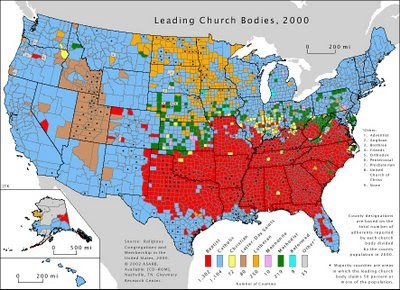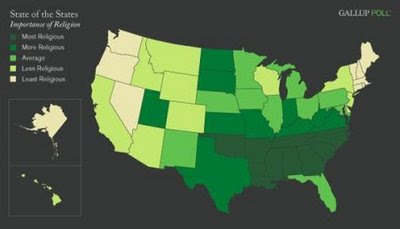More on the problems of "marketing" the church by David Wells. Here was the gospel product as sleekly fashioned and as artfully sold as anything in the mall or on television. Here also were churches smelling of coffee and reverberating with edgy music. There were bright and exciting videos. And the professional singers rivaled any one might hear in Vegas. It was all put together in a package to please, entice, entertain, relax, grab, and enfold potential customers, and worm its way into their hearts... What results, all too often, beneath all the smiling crowds, the packed auditoria, is a faith so cramped, limited, and minuscule as to be entirely unable to command our life, our energies, or, as a matter of fact, even much of our attention. One church advertises itself as a place where you will find "loud music" and "short services." It has a "casual atmosphere" but, it wants us to know, it also offers "serious faith." This is always the...






